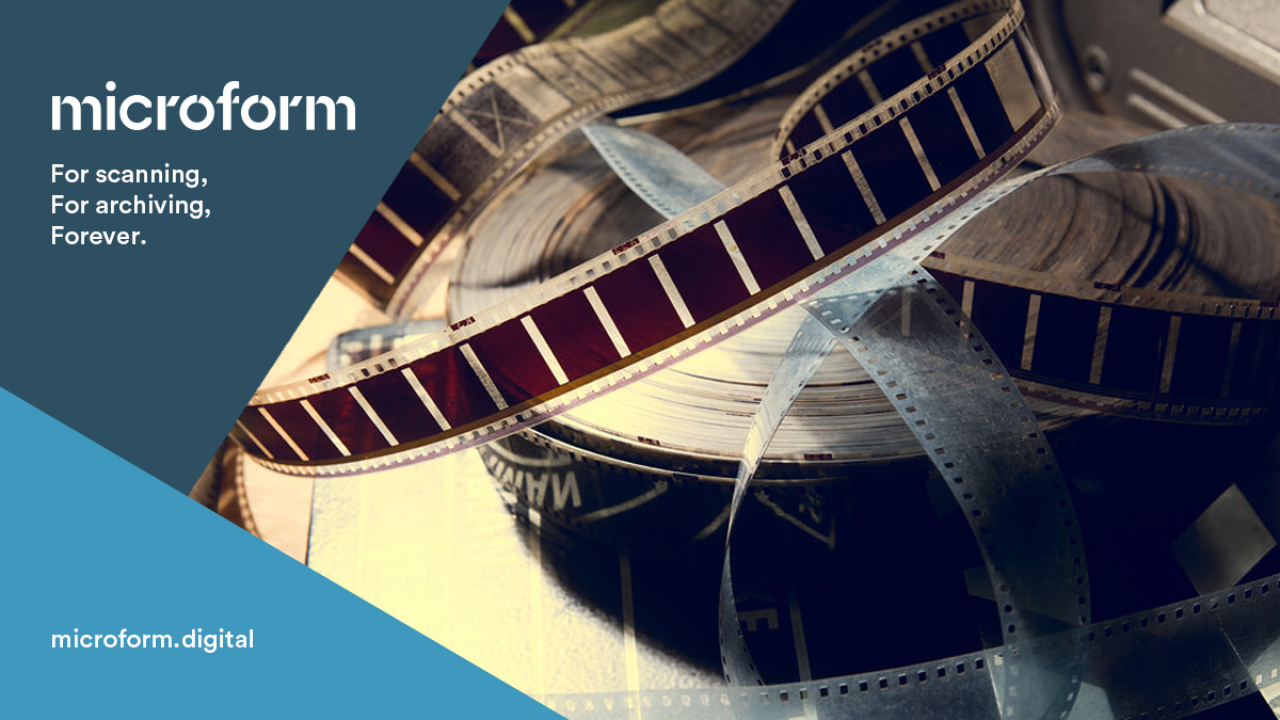Introducing the many different types of photo scanning

The 20th century was the era of 35mm still photography and many households and businesses still have stacks of 135 film and APS photographs lying around just waiting to be digitised.
Photo scanning services like Microform's archive protect these physical prints against the effects of time, from fading ink to water damage to destruction by fire or flood.
In the case of businesses, some of these photographs can be important evidence and may form part of a legal contract such as a tenancy agreement or landlord's inventory.
Luckily, there are several different ways to digitise photographs including, negative scanning, microfilm scanning and projection slide scanning services too.
So whatever physical format your photographs may be in, Microform can scan them and convert them into a digital format that can be duplicated, securely backed up, and printed as many times as you choose.
Photo scanning services
A good quality photo scan is the first step towards digitising printed photographs and safeguarding them for the future, whether they are sensitive business images or happy family memories.
Microform will scan photo prints in full colour and high resolution, creating a digital duplicate of the image.
All physical photos are carefully collected and transported and are tracked every step of the way so you know the originals are always in good hands.
While any pre-existing damage will also be scanned, it is much easier to get digital images retouched, the colours corrected and a fresh print made than it is to get printed photographs repaired.
This means digitisation is also the first step towards getting old photos to look as good as new — and prevents any further damage from occurring for as long as you have the digital copy safely stored.
Projection slide scanning services
Microform can also scan projection slides for archival preservation purposes. We use slide scanners from brand names including Agfa, IBML, Kodak, Minolta, NextScan and Sunrise to make sure we always use the best scanner for the job.
Slides are first gently air-cleaned to remove surface dust and dirt, then scanned and digitised in high-resolution photo formats like TIFF, compressed JPEG or portable PDF.
You can preview the digitised slides and we will work with you to agree on a naming structure for the files, so they are returned to you in a sensibly indexed archive.
After that, you may either receive the physical slides back again for storage or, if you no longer need them, we can securely dispose of them for you.
Negative film scanning services
We can also scan film negatives, microfilms and microfiches for preservation, archiving and easier retrieval.
Microform scans photo negatives in a range of different formats:
35mm photo film negatives
35mm slides
Half-plate negatives
Glass-plate negatives
X-ray negatives
Again, we work hard to achieve a clean, high-resolution scan that preserves the original image in its entirety, allowing for any pre-existing damage that cannot simply be cleaned away before the scan is taken.
You are left with digital negatives that can be processed and turned into digital photographs or high-quality photographic prints, just as the original physical negatives can be.
Safe and secure
Once again it is completely your decision if you want the physical negatives returned to you after scanning is complete, or if you want them securely disposed of.
As with all documents provided to us for scanning and digitisation, Microform will take good care of your photographs, negatives, microfilms and slides, tracking them during transit and keeping them secure while in our possession.
We handle all documents in confidence, so whether they're holiday snaps or critical business images, your physical photographs will be completely safe with us during digitisation.
You can find out more about our industry standards and accreditations.
If you would like to know more about our photo and image scanning services, check out our contact page or call us on 0330 053 6300.